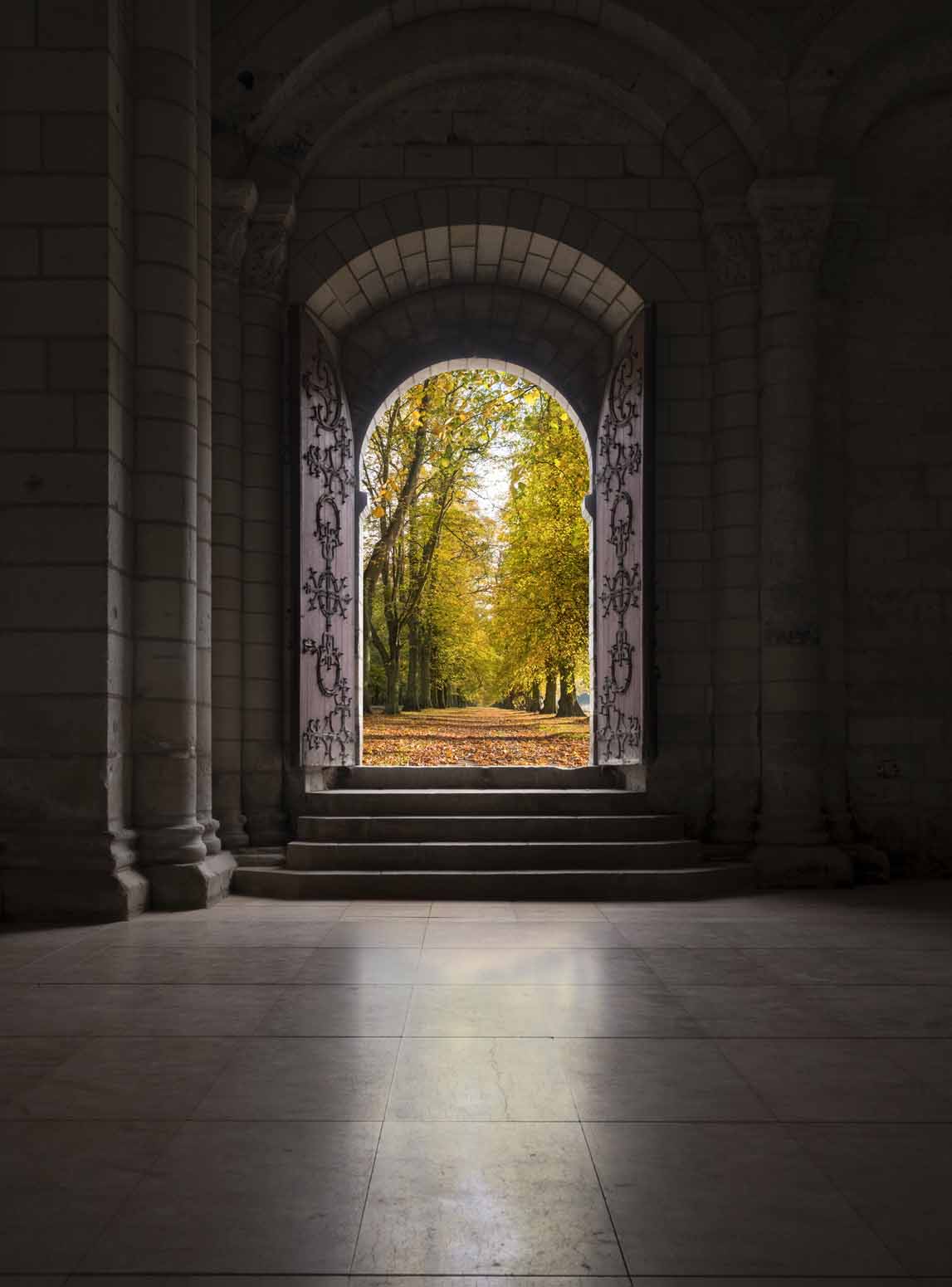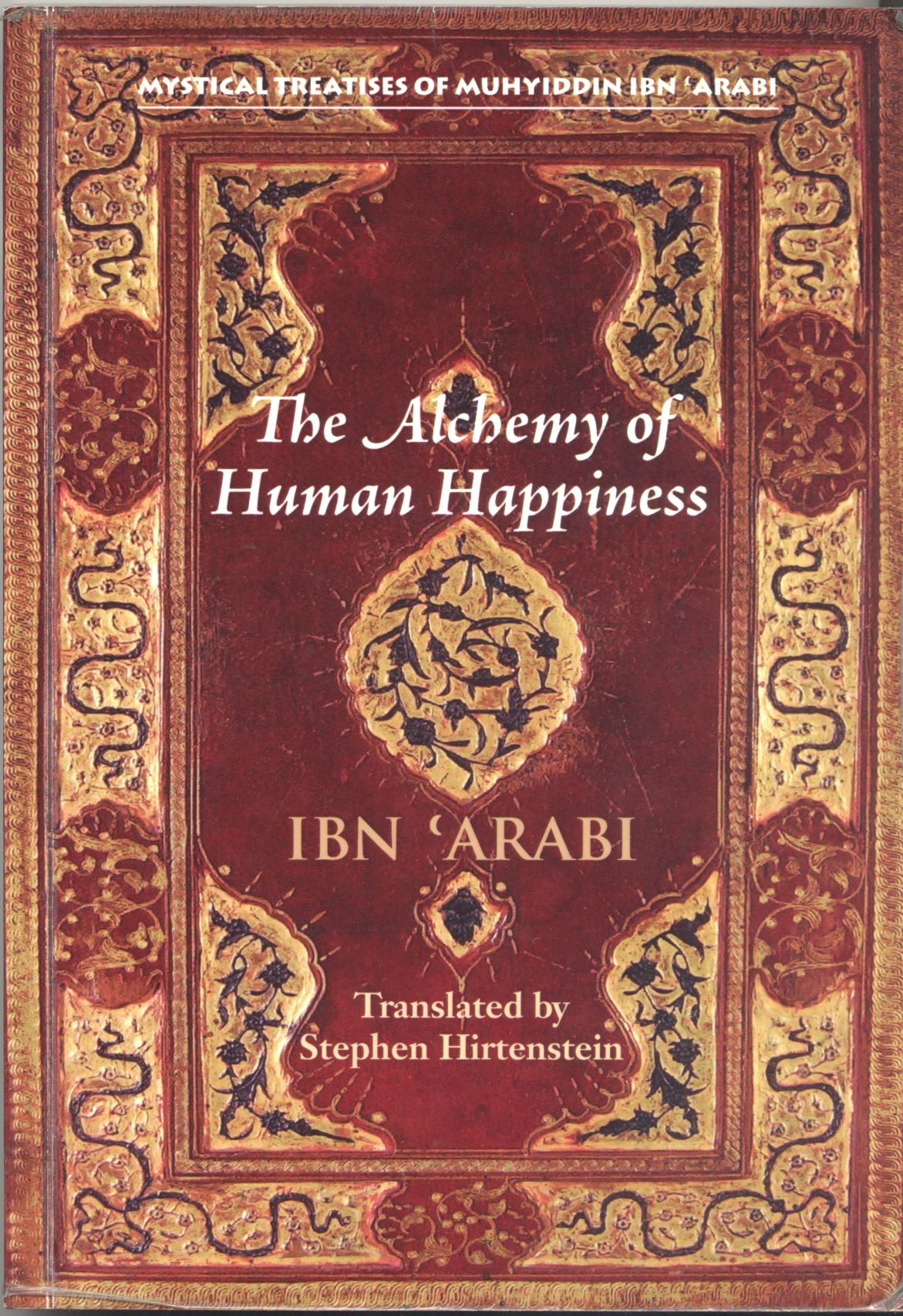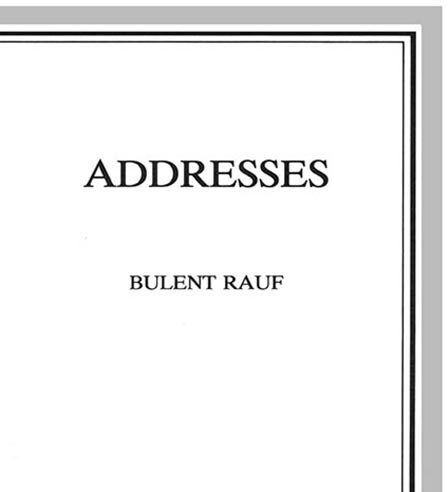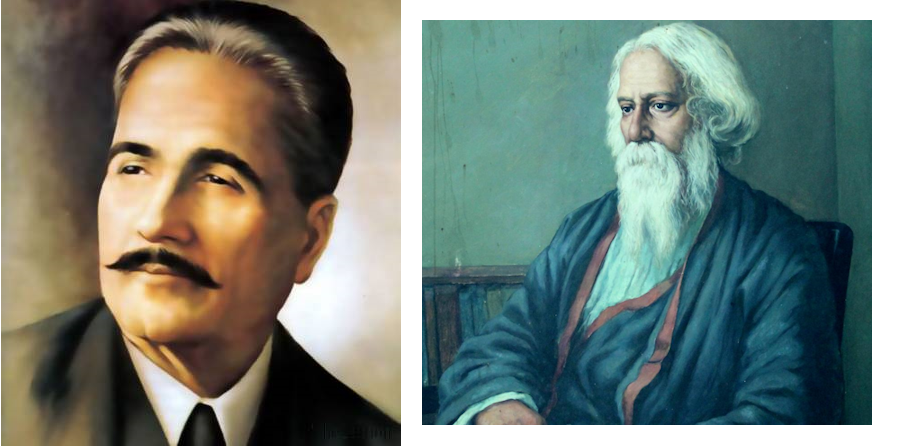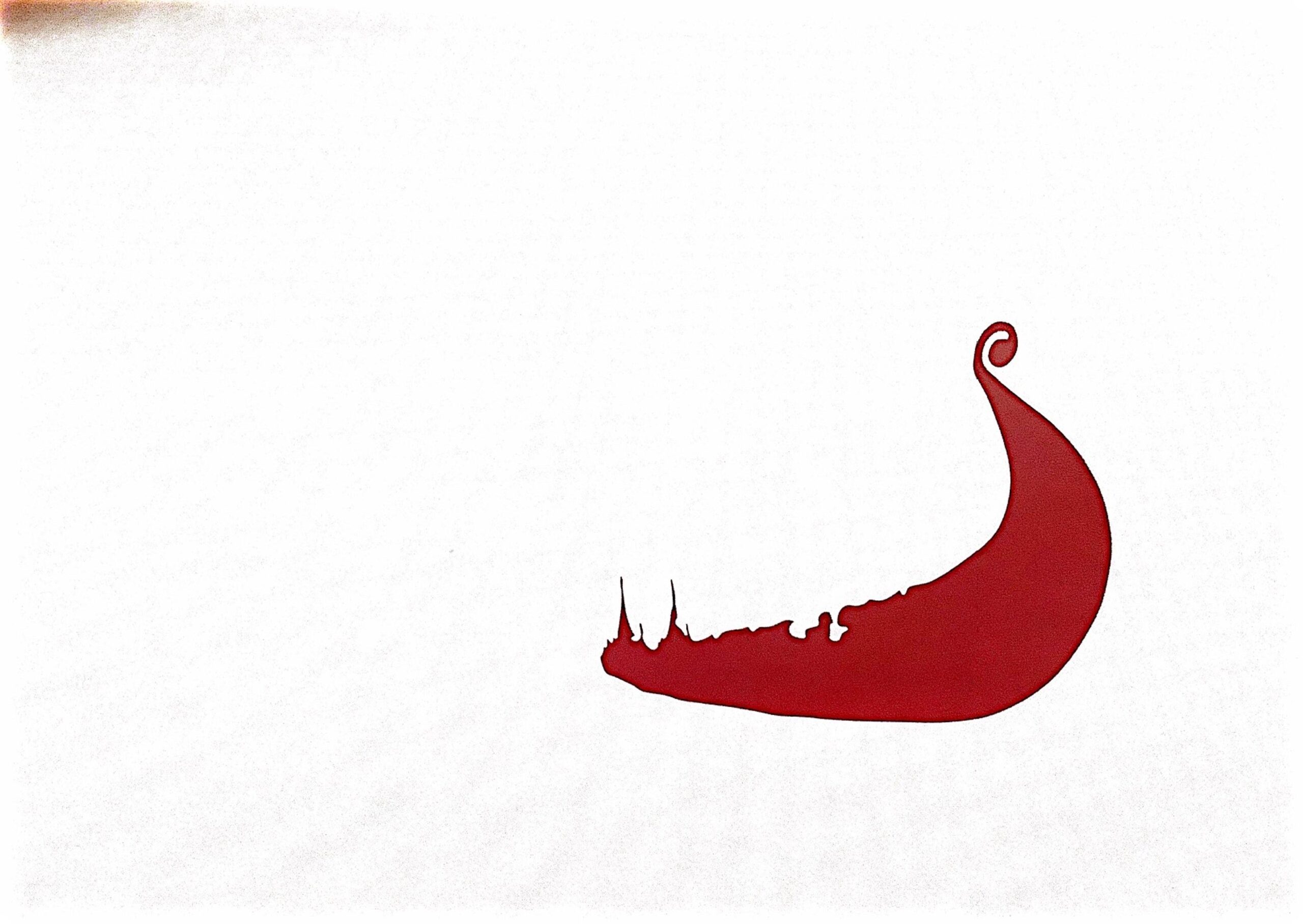Ibn ‘Arabi Study Retreat
Course Description
Ibn Arabi wrote “Retreat brings knowledge of the world”. This course, in the spirit of active and intentional retreat aims to open a space for real knowledge to emerge through focused study, spiritual practice, meditation, work and private contemplation. All of these dimensions are held in equal regard as each is a direct way to be of service to Reality, to our fellow human beings and to the world.
The study will be of selected passages from The Wisdom of Glorious Perfection in the word of Noah, a chapter from Ibn ‘Arabi’s Fusus al Hikam.
The course is a residential retreat, starting on Saturday evening (7pm) and running until after lunch on the following Saturday (2pm). The first day will be a fast day.
About the Fusus al Hikam
About Ibn 'Arabi
Muhyiddin Ibn ‘Arabi (1165–1240)
Known as the greatest mystical genius of the Arabs, Ibn ‘Arabi was born in Murcia in south-eastern Spain, at a time of the last great flowering of Andalucian culture under Islamic rule. From the earliest age he showed evidence of an extraordinary visionary capacity, and while still a teenager, had a seminal vision of the three major prophets of the West, Jesus, Moses and Muhammad. He traveled widely in North Africa, the Middle East and Asia Minor, eventually settling in Damascus for the last 20 years of his life. He wrote a series of inspired works, some 300 in number ranging from short treatises and mystical odes to the 37-volume encyclopaedia Meccan Revelations (al-Futuhat al-Makkiyya) and his spiritual masterpiece on the prophetic wisdoms, Fusus al-Hikam.
Ibn ‘Arabi’s reach was immense and his influence vast during his lifetime and beyond. His works inspired the great civilizations of the Mughals in India, the Ottomans in Turkey, the civilisations of Indonesia and China right down to the present day. He occupies a status equivalent to Shakespeare in the realm of English language, but Ibn ‘Arabi’s wealth of meanings extends from the interior unknown essential reality to the most explicit outward expression without ever compromising the principle of unity.
With recent translations into European languages a new era of influence is noticeably and interestingly beginning to unfold. The Muhyiddin Ibn ‘Arabi Society was founded in 1977 to promote a greater understanding of the work of Ibn ‘Arabi and his followers. It is an international association with its headquarters in Oxford, England and a branch in Berkeley, California.
Course Facilitator
Booking & Fees
Shared accommodation (double or triple bedroom): £325
Single room accommodation (when available): £375
This includes accommodation and all meals. A non-refundable deposit of £60 should be paid when booking. The balance can be paid on arrival.
To book, visit the Chisholme Institute website or email info@chisholme.org
Note on course fees: There are no standard concessions offered. However, we try to ensure the course is accessible to those on low incomes. So if you would find the cost prohibitive please write to secretary@chisholme.org to enquire about reduced course fees or bursary possibilities.

